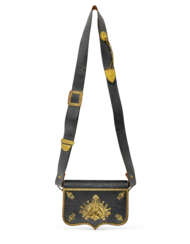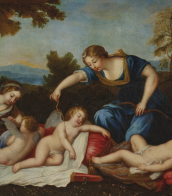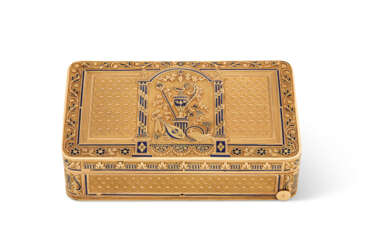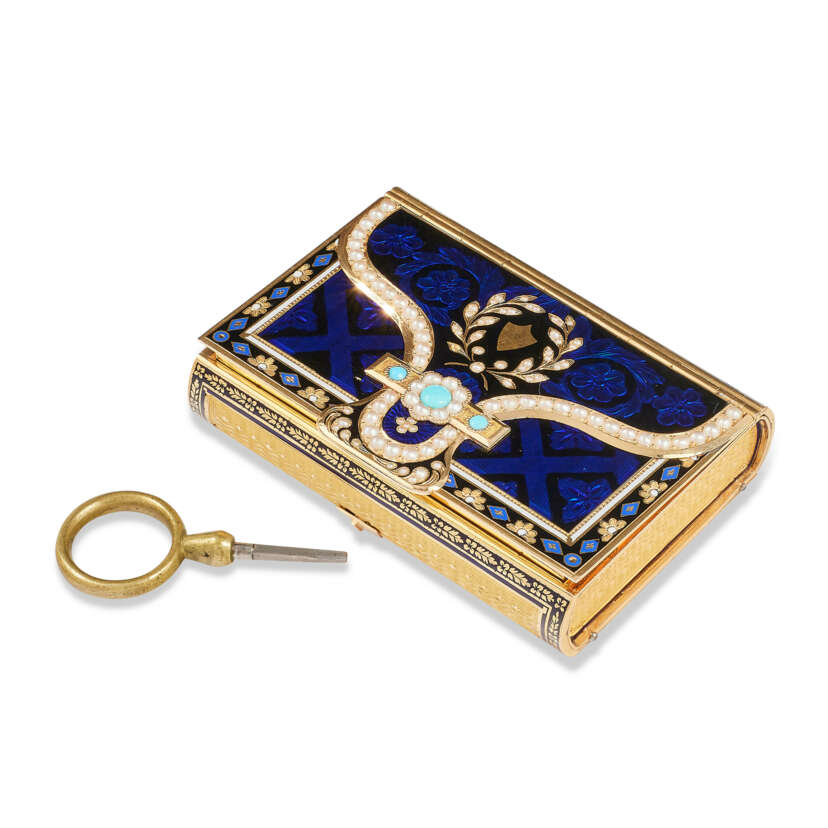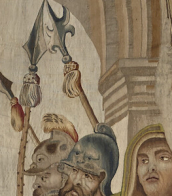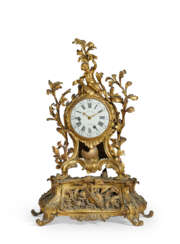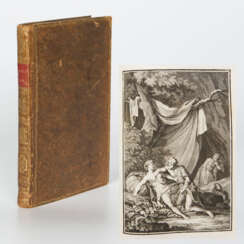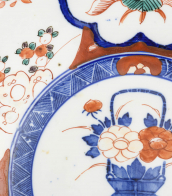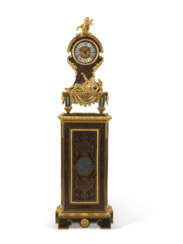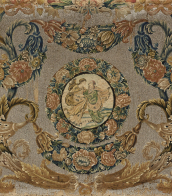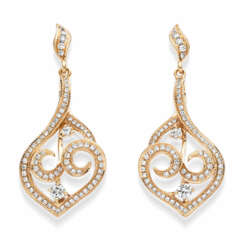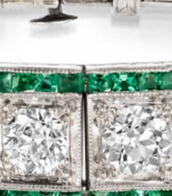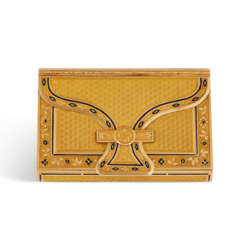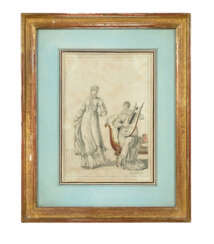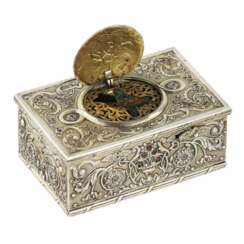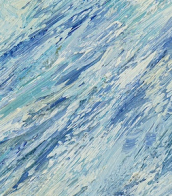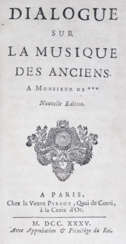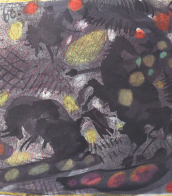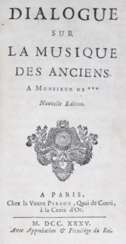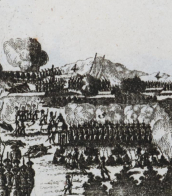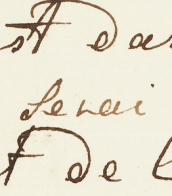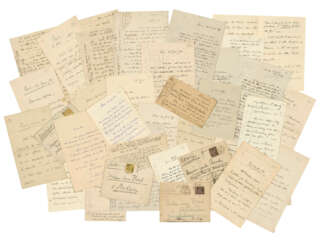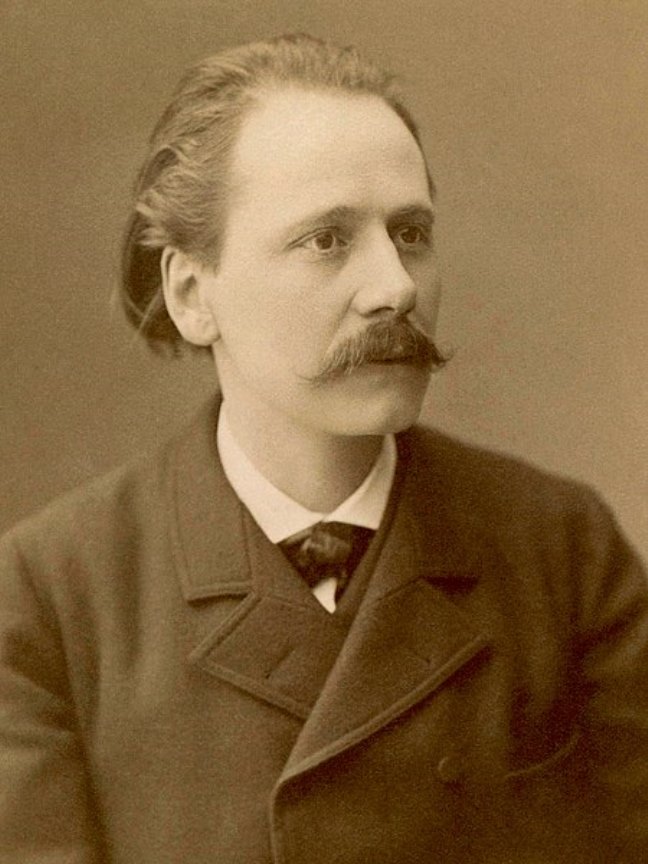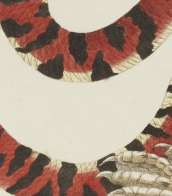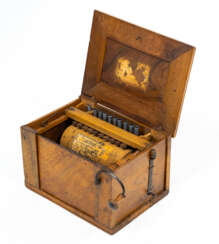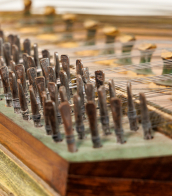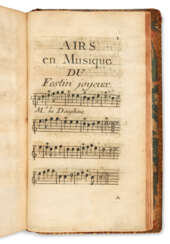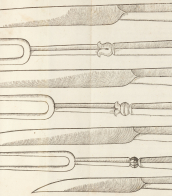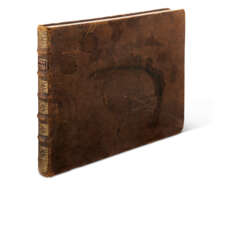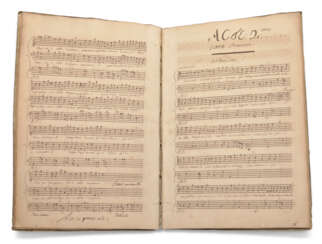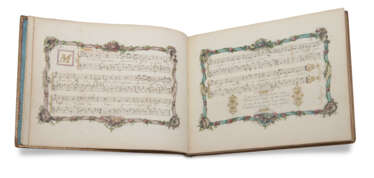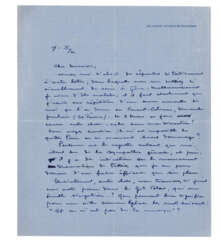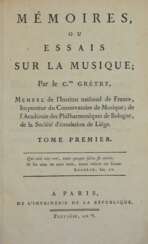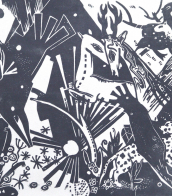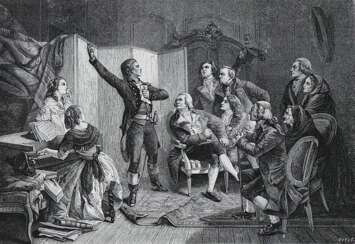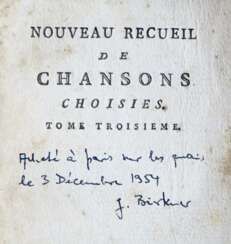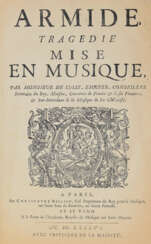musique
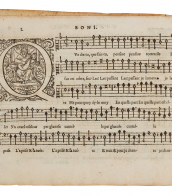
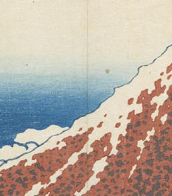

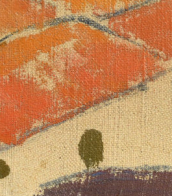
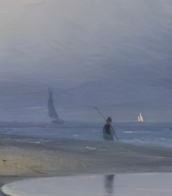
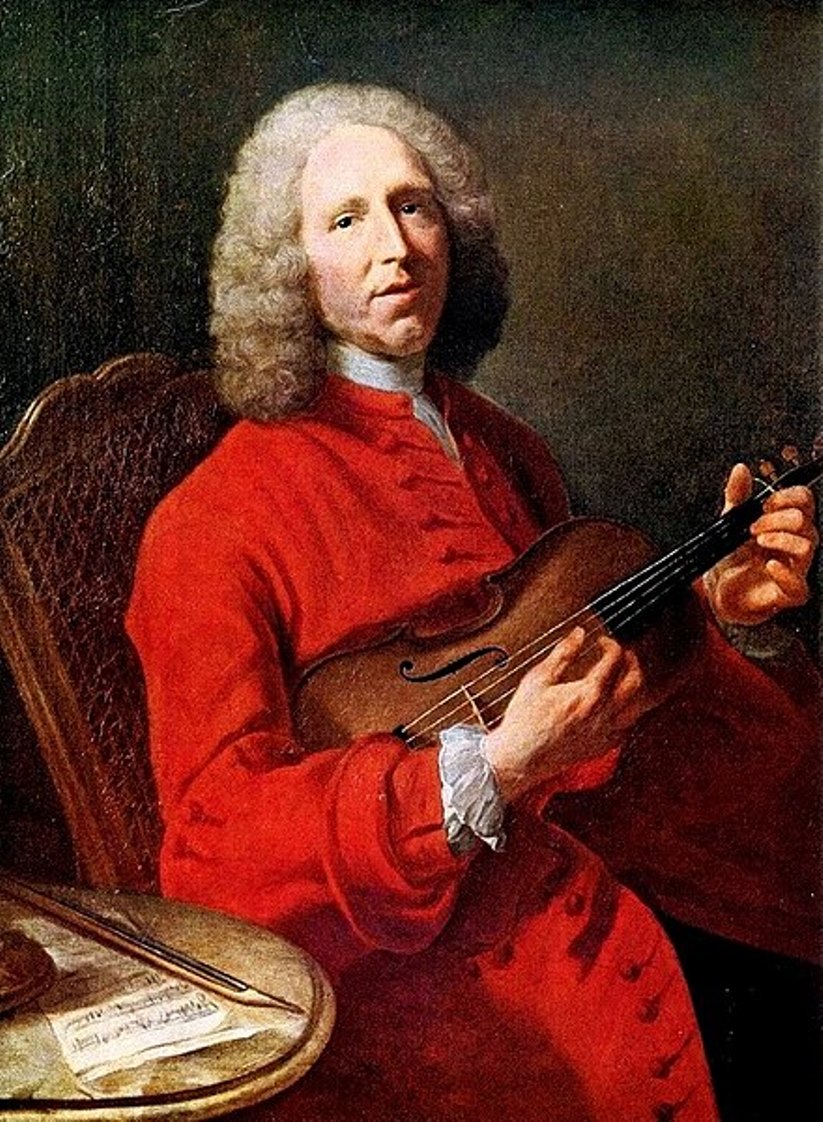
Jean-Philippe Rameau was a French late Baroque composer and music theorist.
Jean-Philippe's father worked as an organist all his life, so his son learned notes before he learned to read. He continued his musical education in Milan, playing the organ, violin and harpsichord. Rameau wrote works for the Paris theaters, composed sacred and secular music, and in 1745 became a court composer.
Rameau wrote many pieces for harpsichord, works for chorus and cantatas. Today he is recognized as the greatest French composer and the most prominent figure in the music of the 18th century.
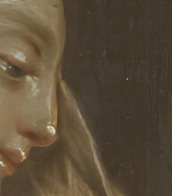
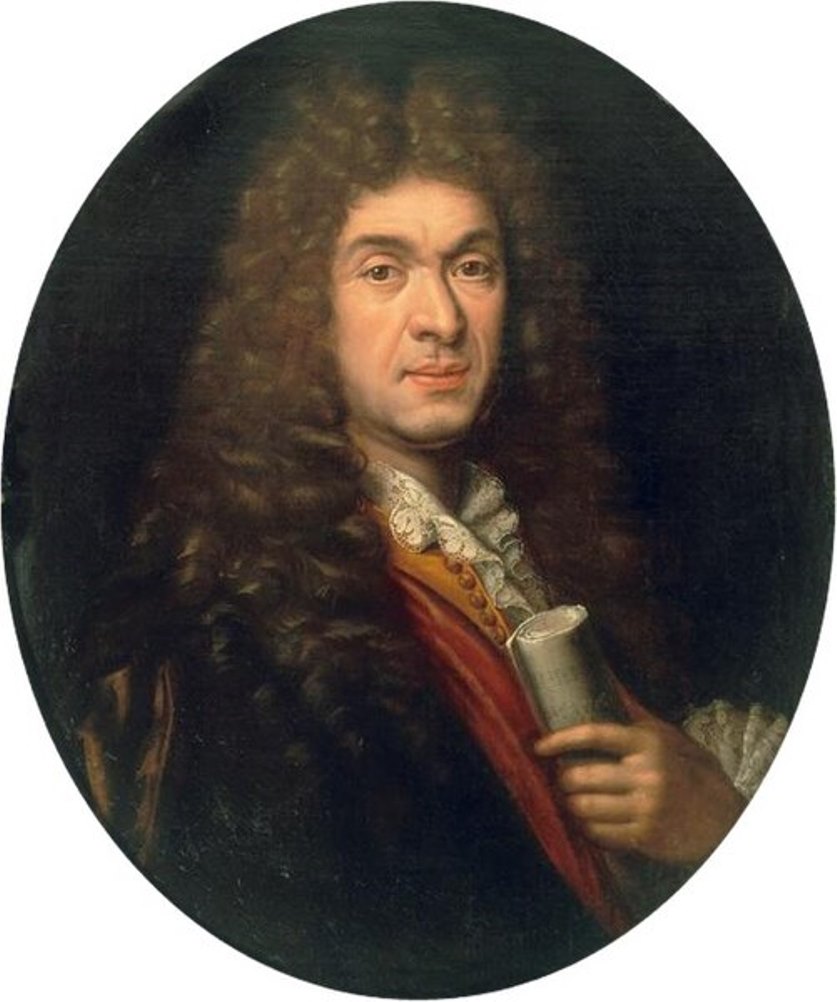
Jean-Baptiste Lully, born Giovanni Battista Lulli, was an Italian-born French composer, violinist, and conductor.
Lully spent most of his life working as a musician at the court of Louis XIV and became a French subject in 1661. He began composing music for court ballets in 1658 and collaborated with Molière on numerous comedy ballets between 1664 and 1670.
Lully is considered the leading composer of the French Baroque musical style, to which he contributed many of his own innovations. He composed several operas, chief among them the opera Armide, written especially for Louis XIV. Lully's other works include sacred works, dance music for various instruments, and suites for trumpet and strings.
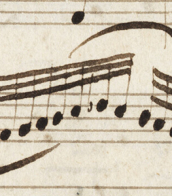
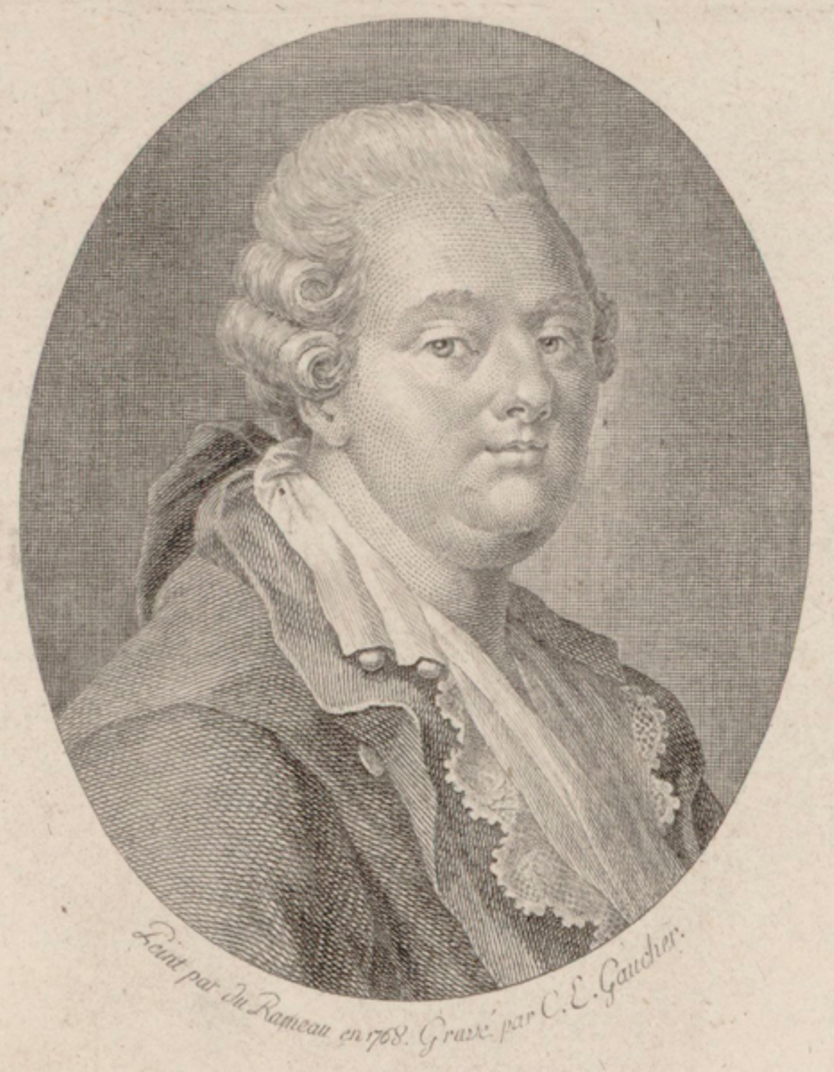
Jean-Benjamin de La Borde was a French composer, music historian, publisher and financier.
De La Borde played the violin and trained in composition. In 1748 he composed his first small opera, and in 1751 his opera Le Rossignol ou Le Mariage secret (The Nightingale or The Secret Marriage) was staged in Paris. The prolific composer went on to compose an average of 30 operas a year for 30 years, mostly of a comic nature.
De La Borde was also a prominent cultural figure of his time: he authored Essays on Music, a four-volume collection of songs for solo voice, and initiated the publication of the General and Private Description of France (1781-96).
For several years de La Borde was valet and favorite of Louis XV; he refused to leave France during the Revolution and was arrested and executed by guillotine on July 22, 1794.

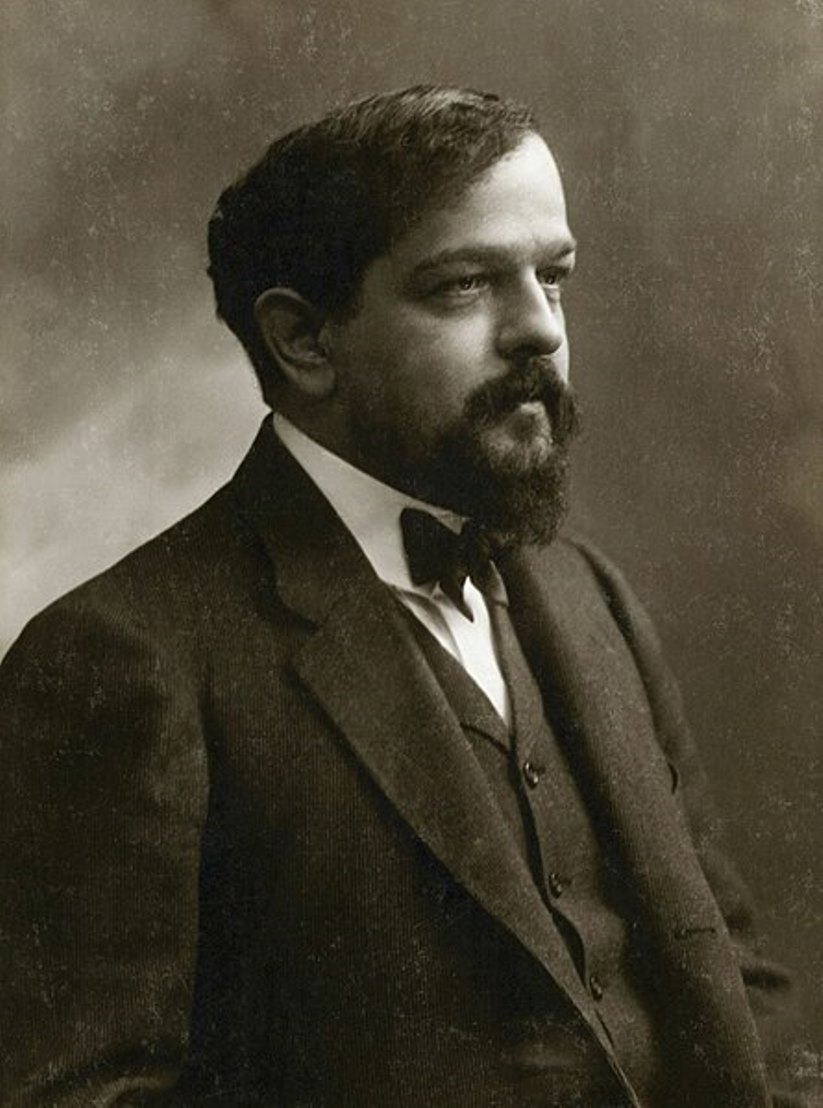
Claude Debussy, full name Achille-Claude Debussy, was a French composer, conductor, pianist and critic, a leading representative of Impressionism in music.
Debussy showed musical talent early and entered the Paris Conservatory. He lived in poverty, but at the same time he learned a luxurious life: the Russian philanthropist and the richest woman, Nadezhda Filaretovna von Meck, took him under her tutelage, he mused with her children and traveled with her around Europe. His sensitive nature could not but respond to all these contrasts. During this period Debussy created one of his masterpieces, Moonlight from the Bergamo Suite.
Debussy spent the summers of 1881 and 1882 near Moscow, at the von Meck estate. In this house Debussy became acquainted with the new Russian music of Tchaikovsky, Borodin, Balakirev and Modest Mussorgsky. His stay in Russia had a beneficial effect on the young musician's development. Debussy was also influenced by the work of Richard Wagner. He developed a highly original system of harmony and musical structure that in many ways expressed the ideals to which the Impressionist and Symbolist artists and writers of his time aspired.
Debussy toured with concerts and conducted his works in England, Italy, Russia and other countries. Claude Debussy's famous works include the Prelude to the Afternoon of a Faun (1894), the operas Pelléas et Mélisande and The Sea (1905), the suite Children's Corner (1906-1908) and the orchestral cycle Images (1912). In 1913 he composed music for the ballet Games, which was performed by Sergei Diaghilev's Russian Seasons company in Paris and London.
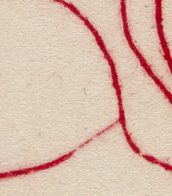
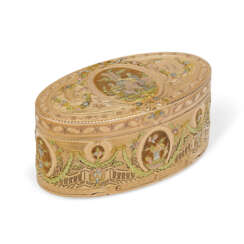

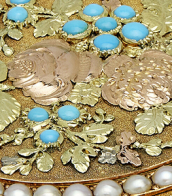
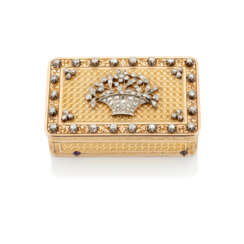

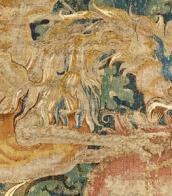
![[RONSARD, Pierre de (1524-1585)] BONI, Guillaume (actif 1565-1585). Contratenor. Sonetz de P. de Ronsard, mis en musique a IIII parties par G. Boni, de S. Flour en Auverne. Premier [-second] livre. Paris : Adrian Le Roy et Robert Ballard, 1579.](/assets/image/picture_1320906/c2588/b5e0e4c6c77de37de458ee9362a6fca11616454000jpg__fix_374_244.jpeg)
![[RONSARD, Pierre de (1524-1585)] BONI, Guillaume (actif 1565-1585). Contratenor. Sonetz de P. de Ronsard, mis en musique a IIII parties par G. Boni, de S. Flour en Auverne. Premier [-second] livre. Paris : Adrian Le Roy et Robert Ballard, 1579.](https://veryimportantlot.com/assets/image/picture_1320906/c2588/b5e0e4c6c77de37de458ee9362a6fca11616454000jpg__fix_374_244.jpeg)
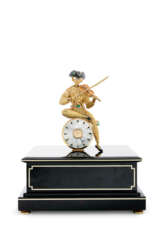

![[RONSARD, Pierre de (1524-1585) & autres] – Nicolas de LA GROTTE (vers 1530- vers 1600). Chansons de P. de Ronsard, Ph. Desportes, et autres. Mises en Musique par N. de la Grotte, valet de chambre, & Organiste ordinaire de Monsieur frere du Roy. P](/assets/image/picture_1320931/7d069/d36ebe040ecbf7d20b74ba7a0debe5de1616454000jpg__fix_374_244.jpeg)
![[RONSARD, Pierre de (1524-1585) & autres] – Nicolas de LA GROTTE (vers 1530- vers 1600). Chansons de P. de Ronsard, Ph. Desportes, et autres. Mises en Musique par N. de la Grotte, valet de chambre, & Organiste ordinaire de Monsieur frere du Roy. P](https://veryimportantlot.com/assets/image/picture_1320931/7d069/d36ebe040ecbf7d20b74ba7a0debe5de1616454000jpg__fix_374_244.jpeg)
